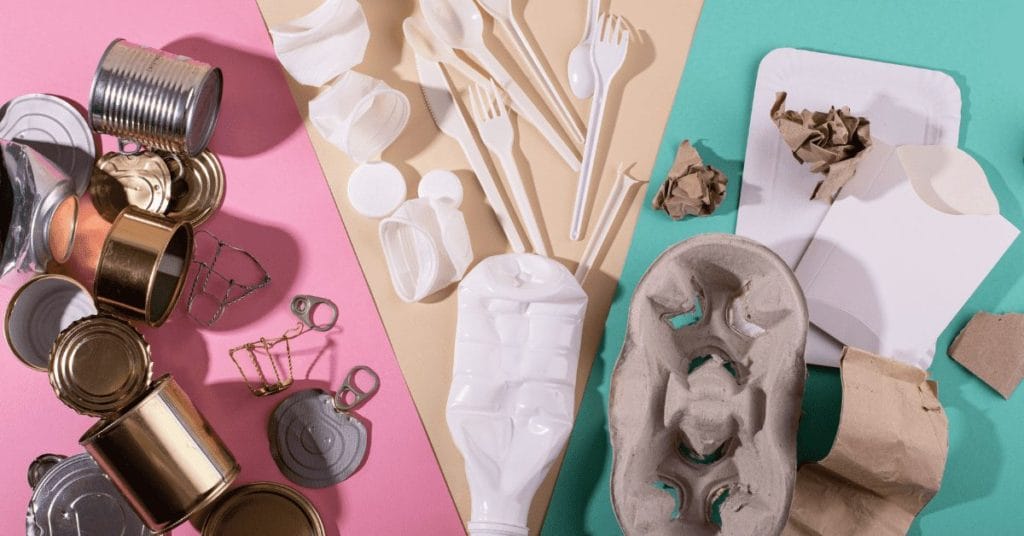Living in a clutter-free and organized home not only enhances your living space but also contributes to a more sustainable and eco-friendly lifestyle. Home decluttering, along with responsible reuse and recycling and best practices, allows us to minimize waste and make better use of the resources we already have.
In this blog post, we will explore the best practices for home decluttering, as well as highlight the importance of reusing and recycling to create a greener and more efficient home.
1. Assess and Plan:
Before diving into the decluttering process, take a step back and assess your home’s organization needs. Create a plan by identifying areas that require attention and setting achievable goals. This initial assessment will help you stay focused and motivated throughout the decluttering journey.
2. Sort and Categorize:
When decluttering, it’s crucial to sort your belongings into categories, such as keep, donate, recycle, and discard. This practice allows you to make conscious decisions about what you truly need and what items can find new life elsewhere. Be honest with yourself and avoid holding onto items that no longer serve a purpose in your life.
3. Reuse and Repurpose:
Before discarding items, consider their potential for reuse or repurposing. Many items that might seem useless to you could be valuable to others. Organize a garage sale, donate to local charities, or offer items to friends and family who could benefit from them. Additionally, get creative with repurposing certain items within your own home, such as turning old jars into storage containers or repainting furniture to give it a fresh look.
4. Responsible Recycling:
Recycling is an essential practice to reduce the strain on our environment. Ensure that you’re aware of the recycling guidelines specific to your area and follow them diligently. Separate recyclable materials such as paper, plastic, glass, and metal, and dispose of them properly. Research local recycling facilities or collection centers that accept electronic waste, batteries, and other items that require special handling.
5. Composting:
If you have a garden or access to green spaces, composting is an excellent way to reduce waste and create nutrient-rich soil for plants. Set up a compost bin or pile in your backyard and dispose of organic waste, such as food scraps and yard trimmings. Composting not only reduces the amount of waste that ends up in landfills but also promotes a healthier and more sustainable ecosystem.
6. Maintain a Decluttering Routine:
Decluttering is an ongoing process, and it’s important to maintain a routine to prevent clutter from accumulating again. Adopt a habit of periodically reviewing your belongings and identifying items that no longer serve a purpose. By doing so, you’ll maintain an organized living space and avoid the need for major decluttering sessions in the future.
Implementing these best practices for home decluttering, reuse, and recycling not only benefits your living space but also contributes to a more sustainable future. By being mindful of what we bring into our homes, finding new purposes for unwanted items, and properly disposing of recyclables, we can significantly reduce waste and promote a greener lifestyle. Let’s embrace these practices and create a clutter-free, eco-friendly home that positively impacts both ourselves and the environment.
Don’t forget to check out our blog for topics like “The Link Between a Disordered Home and Mental Health Disorders” and more! For more info about Home Space Healing head over to www.homespacehealing.com. Explore further and browse through some of my reviews.

